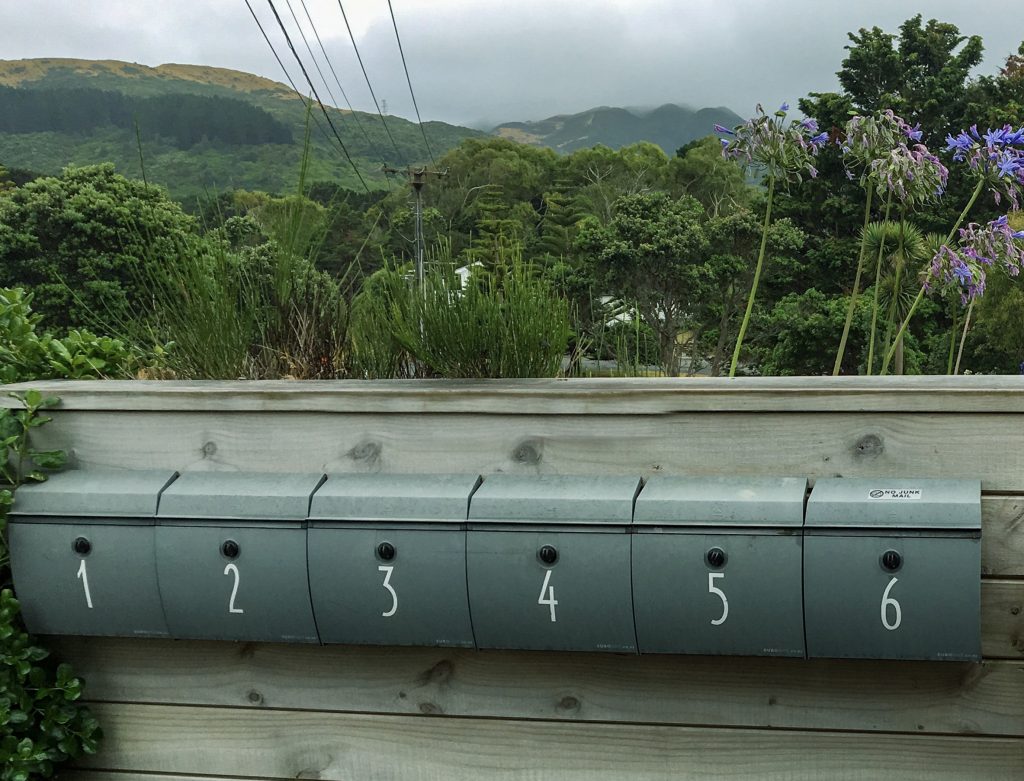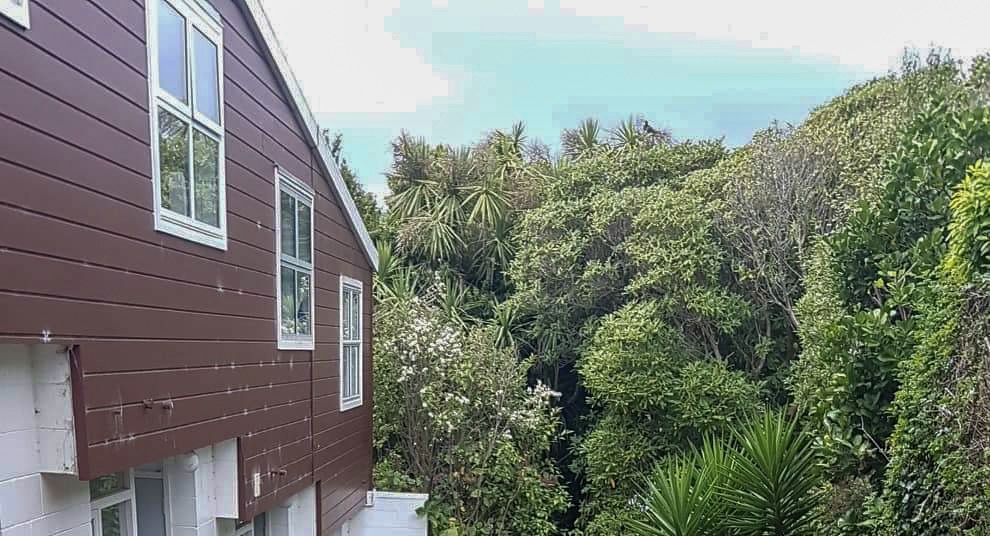In early March during a particularly busy and crazy period of my life I settled on my first home and became an Airbnb host.
Buying a house in New Zealand is no easy process. It took two years of open homes, background reading, building reports, lawyers checking documents and offers before finally being successful. I didn’t set out with it being my intention, but I bought in the same suburb as I grew up in, a quiet area with plenty of shops and cafes, 40 minute walk from central Wellington.
Having a spare room means owning a home has given me the chance to use Airbnb as a host, rather than as a guest as I have all over the world. It’s a good way to meet travellers as well as make a bit of pocket money without having someone in my space full time. But it’s something which comes with both pros and cons.
Here are some things I’ve learnt as an Airbnb host.

1. Instant Book is a trap for new players
Airbnb’s Instant Book feature allows interested guests to book without your approval.
You can set conditions to control the type of guest who can use it, such as requiring recommendations from other hosts and/or government ID, but will apply to all available nights in your calendar.
Instant Book is good for guests who are on the move and don’t need to wait to hear if their booking is accepted, and there are benefits for hosts such as fewer conversations and less admin time as well as the potential of your listing being prioritised in search due to your response rate benefiting.
However. Given I share communal spaces with my guests when I am home there is a risk of potentially getting the wrong type of guest. I like to read a guests profile and reviews before they accept them as well as consider whether the timing and length of their stay will suit me.
If you’ve never hosted before I recommend turning it off until you’re 100% comfortable with your pricing, rules and availability settings as not to have to cancel on or deal with the wrong guest.
2. The faults you see in your own home will also be apparent to your guests
It pays to be honest. Be upfront about things and exactly what the product you ‘re offering comes with so your guests know what to expect and prevent unhappiness.
There’s no wifi as I’m waiting for fibre to be installed, the carport is tight to park a car in and there have been episodes of significant condensation as well as a light which blew mysteriously.
When my house was built in the late 1960’s it seems no one anticipated future residents and guests being as device heavy as we are now. The shortage of power outlets was raised in the first review I received prompting me to invest in multi-plug raptors and extension cords.
Rules around insulation in New Zealand for rental properties have also undergone changes I’m not convinced my home meets making me reluctant to invite visitors over Winter when it’s cold.
But my guests aren’t expecting a 5-Star suite and simple hospitality along with polite and friendly communication gets you a long way.

3. People only bother to leave reviews if they’re strongly opinionated
Every Airbnb I’ve stayed in I have reviewed and provided private feedback to the host where I see something worth improving on. Yet I’ve only ever received a rating in return 50% the time.
People are more likely to book and stay with hosts who have a number of reviews enabling them to become a ‘Superhost’ and have a more successful Airbnb so I would encourage everyone to leave feedback for hosts they have stayed with.
4. Guests understand that their airbnb is your home
People are inherently good and are polite, respectable and clean. They understand that unlike when they’re staying in a hotel, this is your home. They’re encouraged to clean up after themselves – wash their dishes and leave the space as they found it. Their feedback rating depends on it!
5.If you’re sharing your home with others sometimes you just want to leave
As lovely as guests are, sometimes I just want to give them space. Leaving the house may be the best option to stay friendly and not lose your cool calm persona if people who are hanging washing all over the show or using the washing machine and clothes dryer 24 hours a day.
If you have a spare room I recommend giving hosting through Airbnb a go. It’s obviously worth trying a few Airbnb’s for yourself first to understand how it works as a guest.

Great article, quite helpful with the tips here 🙂